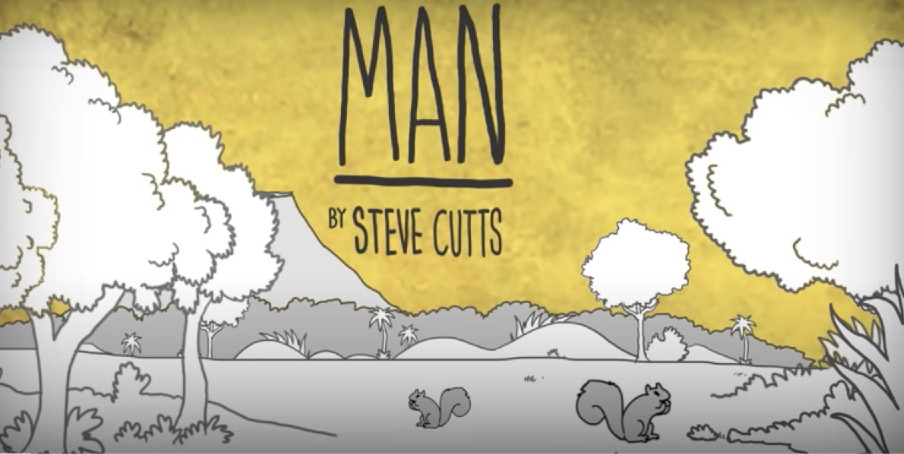
So much of what Jesus taught related to humanity’s obsession with wealth, possessions and power. Everything becomes a commodity and even God’s creatures are treated as such, as though they only exist for our convenience. But in Psalm 50, God’s response to those who try to gain His favour by giving Him animal sacrifices is:
“For every wild animal of the forest is mine, the cattle on a thousand hills. I know all the birds of the air, and all that moves in the field is mine. If I were hungry, I would not tell you, for the world and all that is in it is mine. Do I eat the flesh of bulls, or drink the blood of goats?”
Whenever we think lovingly of our pets or garden birds, let’s spare a thought for the millions of animals living unhappy lives in factory farms. The cruelty involved should hit us each time we see a fast-food outlet serving the remains of battery chickens, or burgers, simply as commodities rather than the slaughtered corpses of God’s creatures; I am reminded too, every time I see a truck full of animals, of the millions crammed together in lorries and ferries to be exported, only to have their suffering ended by a miserable death; think also of laboratory animals, whose vivisection used to concern many voices in the 19th century Church much more than it does now (in 1842 Cardinal Newman compared it to the suffering of Christ); consider the wild animals hunted with hounds for pleasure; or those held in steel-jaw leg-hold traps in agony, often for days; or those kept in bare metal cages and farmed for their fur. And there are so many other horrific cases of animal abuse, which most people just don’t want to hear about.
We prefer to avoid disturbing thoughts such as these. Like the priest and the Levite in Jesus’ Good Samaritan parable (Luke 10 v 25-37), we find it easier to ‘switch off our minds’ and ‘walk on the other side of the road’. We prefer not to know that animals suffer pain and experience fear, just like ourselves.
Yet, we know that Jesus is a peacemaker, and that in both His creation (Genesis 1) and heavenly will (Isaiah 11, Revelation 21 v 1-4) there is no suffering or death, so anything that is not of peace must be of the ways of this corrupt world, which we are to reject. If we take this seriously, we cannot just pay lip service once a year to our duty of care for creation in a Service of Animal Blessing, though this is an excellent start. Stewardship of God’s creation should be absolutely central to our mission as Christians, and our readings suggest there is nothing more important for us to do. Jesus opposed the commodification of everything, the worship of wealth and the exploitation of the weak by the strong. God sees everything differently. He cares for all living creatures, just as He loves and cares for each of us.
Humankind has persistently exploited creation for selfish ends, and treated other creatures as commodities. We all have a part to play in this and I would go so far as to say that, in no way do we fail Christ more than in our failure to love and care for His animals.
And yet, there is a glimmer of hope for us – God became flesh in Christ, in order to redeem us and, through grace, to bring us with all creation to salvation. By forming caring relationships with companion and farm/wild animals, as well as with human beings, we may begin to mend what is so terribly broken in our lives. A changed relationship with God’s creatures will inevitably demand very radical changes in our lifestyles – what we eat/wear, which cosmetics/household products we use, which charities/forms of entertainment we support. But our duty is to live the life of the Kingdom of God, in which the harmony of creation will be restored.
Thank you for reading and following our blog! We hope you will ‘like’ and ‘share’ it! Your comments are always welcome! ~Ros

